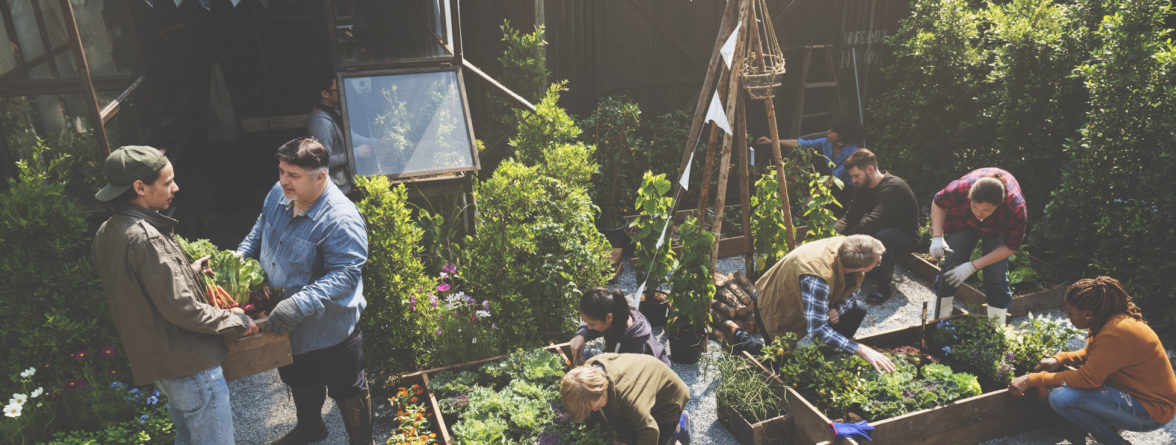Written by Julie Paiva, CHHC
Each of the four seasons offer a new selection of beautiful produce for us to eat. The theory behind seasonal eating is to eat foods that are grown or harvested at that particular time of year. Eating foods when nature produces them is what our ancestors did naturally. Before large super markets, the food processing industry, and various modes of transportation, eating seasonally was a way of life. It connects our body to nature and reminds us of simple joys like munching on a sweet red watermelon on a hot summer day or cooking a warm stew on a chilly winter’s night. There are many other benefits to this food movement including enhanced flavor, higher nutrient content, increased savings, decreased contaminates, and support of the environment and your local farmers.
Satisfy your Tastebuds And Increase Health Benefits
In-season, local produce is fresher and full of flavor. It is picked when it is perfectly ripe which increases its taste and nutritional content. For out-of-season produce to reach your supermarket before spoiling, it must be picked early and chilled during transport. Once it arrives, it may be heated in a hot house to finish ripening. This process can change the texture and flavor as well as decrease the health benefits of fruits and vegetables. Some antioxidants such as vitamin c, folate, and carotenes will rapidly decline in produce stored for any period of time. On the other hand, freshly picked produce provides optimal flavor and nutritional value. It is crisp, fragrant, juicy, colorful and contains higher levels of antioxidants and phyto-nutrients. Plus, when you eat fruits and vegetables that are full of flavor, you will likely want to eat more of them!
Save Money And Support Local Farmers
Buying local, in-season produce also helps keep money in your pocket. Food that is in large abundance and doesn’t have to travel long distances is often cheaper. It’s the simple law of supply and demand. In addition, you avoid the travel and storage expenses. Fruits and vegetables that are out-of-season are sourced from areas with different climates than ours and may have been stored for a long period of time. Eating local, in-season produce reduces production costs and distribution which are passed on to us as customers. While you are saving money, you are also supporting your local farmers. Hooray for savings and helping your local community!
Reduce Toxic Exposure And Help Sustain the Environment
When fruits and vegetables are brought to us from overseas we can’t be sure of how they were grown and what the regulations are in their country for pesticides, herbicides and fungicides. When you buy local, in-season produce you are more likely to find organic and sustainable options. The more you eat locally you are reducing the demand for out-of-season produce. This in turn supports our local farmers, reduces the need for transportation, and decreases refrigeration, hot houses and irradiation of our produce.
The best consequences to eating local, in-season produce are eating better tasting, higher nutrient-dense food and helping your local community flourish. Eating seasonally may not always be a viable option for you, but make the decision to do so when you can. Your body, your wallet and your local farmers will love you for it!
To find out what is seasonal in your area check out www.seasonalfoodguide.org!





[…] expensive and often what is on sale in the produce section. To learn more, check out this previous post about seasonal […]
[…] seasonally has many benefits which we discussed in a previous blog. Check out these links to find fruits and vegetables that are at their peak in your […]
[…] out our previous posts, Eating Seasonally, Buying Locally and Farmers’ Market Season: How and Why to Shop Local Produce, to learn more about seasonal […]